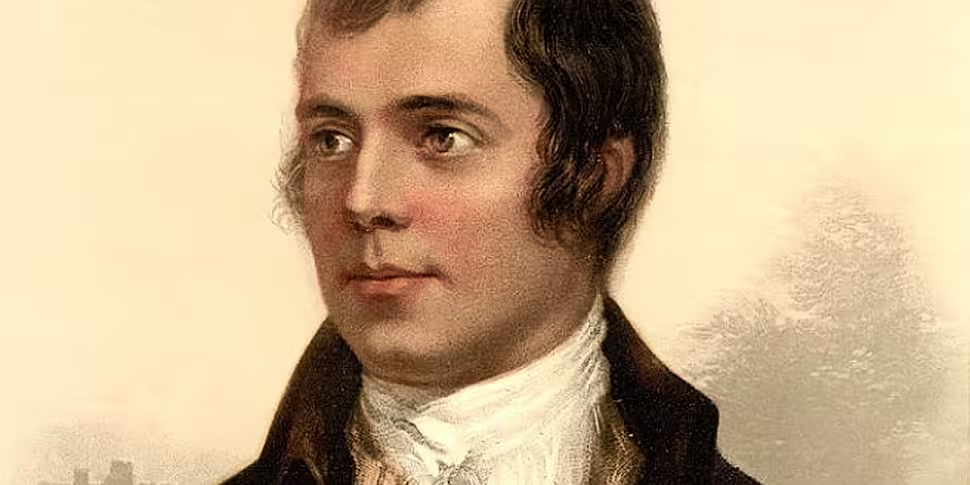Last month saw people around the world come together to eat haggis and celebrate Scotland's greatest poet. More widely celebrated than St Andrew's Day, the popularity of Burns Night is indicative of just how important Robert Burns is to Scotland and the Scottish identity.
The eldest son of a tenant farmer, Burns' youth was filled with hardship and labour. Yet his father understood the importance of education and, though there was little time for formal schooling, this self-educated man taught his children reading, writing, arithmetic, history, and geography.
This education would set Robert Burns on the path to become a pioneer of the Romantic movement and one of the world's most celebrated authors.
Still just a teenager Burns split his time between labour, learning, and writing; mainly love poems, which would remain a theme throughout his passion filled life.
As he grew Burns' literary talents became increasingly evident. Writing in colloquial Scots he captured the voices and experiences of the tenant farmers, labourers, and artisans. This was not the removed poetry of the Enlightenment, rather it was a new trend that focused on the beauty of everyday life.
Whether knowingly or not, Burns was taking part in a global shift towards a new milieu where emotion and beauty would reign over the cold logic that had dominated the Age of Reason. He was also giving voice to a unique culture that thrived beyond Hadrian's Wall.
Though possessed of a distinctive literary voice himself, Burns' greatest accomplishment is probably his channeling of the collective Scottish identity. He collected local folk songs and drew on Scotland's own proud history for many of his compositions. His literary talent and ability to engage with the local Scots in their own words and language made Burns a success in his own lifetime, a boon few of his contemporaries enjoyed.
This popularity could do little to repair the damage caused by a hard youth lived in poor conditions, however. At juts 37 years old, Burns' poor health and weak constitution could finally take no more and he passed away. Yet the legacy he left behind was beyond such a short span of years.
A noted influence on the likes of Wordsworth, Coleridge, and Shelley, Robert Burns truly helped to reshape the literary world, making it focus more on the beauty and tragedy found in nature and everyday life. There is a reason he is celebrated the world over and why, as we ring in each New Year we link hands and sing arguably Burns' greatest work: Aul Lang Syne.
Join Patrick and a panel of experts as he takes a look back at the life and legacy of the Bard of Ayrshire, Rabbie Burns.









